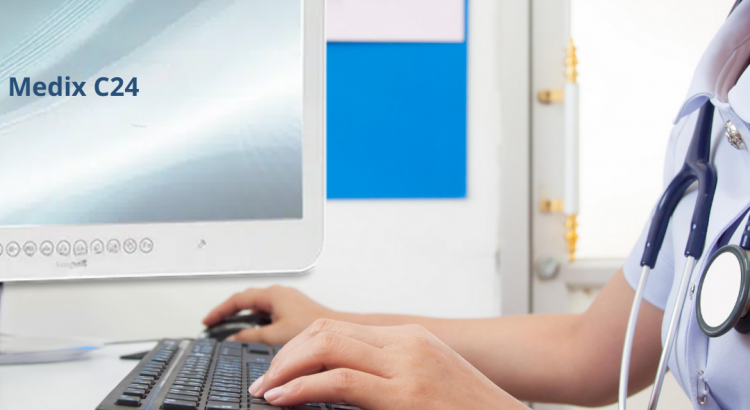Medical PCs play a crucial role in making work life easier for nurses by providing tools and features tailored to their needs in healthcare settings.
How Medical PCs Benefit Nurses:
- Streamlined Documentation: Medical PCs allow nurses to efficiently document patient information, including vital signs, medications administered, and treatment plans, directly into electronic health records (EHR) systems. This eliminates the need for paper-based documentation, reducing the risk of errors and saving time.
- Access to Patient Information: Nurses can quickly access patient charts, medical histories, test results, and care plans using medical PCs. Having this information readily available at their fingertips enables nurses to make informed decisions and provide personalized care to patients without delay.
- Communication and Collaboration: Medical PCs facilitate communication and collaboration among healthcare teams. Nurses can use these devices to communicate with physicians, pharmacists, and other members of the care team, ensuring seamless coordination and timely interventions for patients.
- Medication Management: Medical PCs support medication management tasks, such as verifying medication orders, administering medications electronically, and documenting medication administration. This helps nurses ensure accuracy, prevent medication errors, and improve patient safety.
- Point-of-Care Documentation: With medical PCs, nurses can document patient assessments, interventions, and care plans directly at the point of care, whether it’s at the patient’s bedside or in a treatment room. This real-time documentation reduces the risk of information loss and enhances accuracy.
- Patient Education and Engagement: Medical PCs enable nurses to access educational resources, multimedia materials, and interactive tools to educate patients about their health conditions, treatment options, and self-care practices. This empowers patients to participate in their own care and promotes better health outcomes.
- Remote Monitoring and Telehealth: In settings where remote monitoring and telehealth services are utilized, nurses can use medical PCs to monitor patients remotely, conduct virtual consultations, and communicate with patients through video conferencing or secure messaging platforms. This extends nursing care beyond traditional healthcare settings and enhances accessibility for patients.
- Workflow Efficiency: Medical PCs are designed to support nursing workflows, with features such as customizable interfaces, barcode scanning capabilities for medication administration, and integration with medical devices. These functionalities improve workflow efficiency, allowing nurses to focus more on direct patient care.
Medical PCs enhance the efficiency, accuracy, and effectiveness of nursing practice, ultimately improving patient care outcomes and contributing to a better work experience for nurses in healthcare settings.
